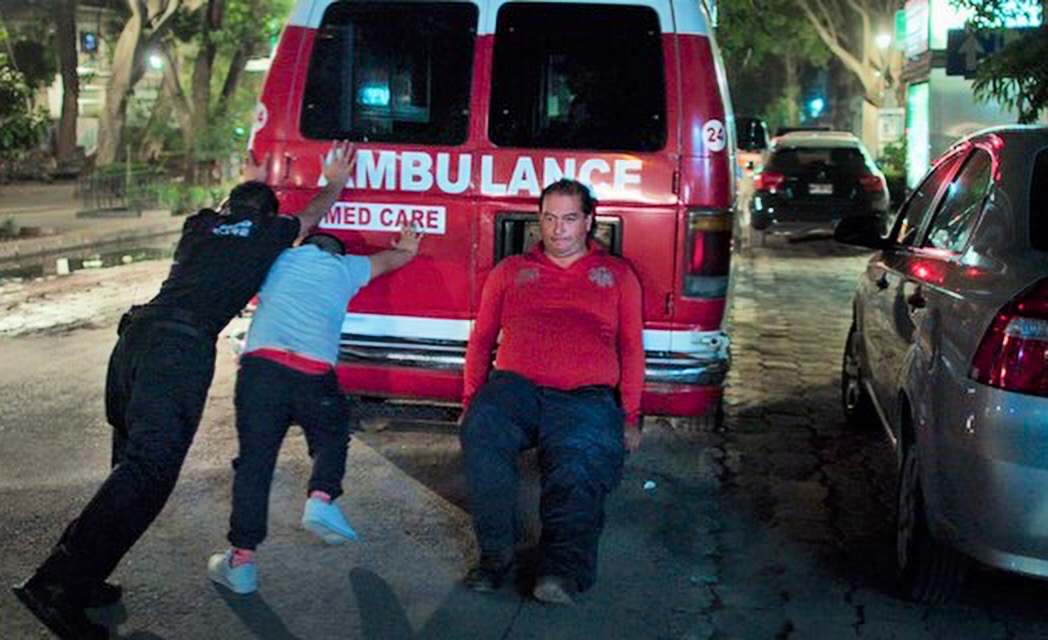Midnight Family
Director/ Luke Lorentzen
Watched on Amazon
Rating 3/5
“Terrifying and exhilarating.” –The New York Times
“Fast-paced mayhem.” –Indiewire
“Profound and thrilling.” –RogerEbert.com
“Eye-opening.” –Rolling Stone
This is not a knock against director Luke Lorentzen, but if the film I saw is the same film the quotes above are referencing, then I’m not sure who to blame: The more than one hundred film festivals who made Midnight Family a must-have selection for their line-ups? The reviewers who were so relieved to see a documentary without the usual pro forma menu of talking heads and relentless music cues that they rushed to out-superlative each other? The awards committees who loaded the young director down with so many accolades that there weren’t any left over for other filmmakers?
Midnight Family is solid work, to be sure, but it is neither terrifying, fast-paced, profound, or thrilling. And the only eye-opening thing about it is explained in the film’s synopsis:
“In Mexico City, the government operates fewer than 45 emergency ambulances for a population of 9 million. This has spawned an underground industry of for-profit ambulances often run by people with little or no training or certification. An exception in this ethically fraught, cutthroat industry, the Ochoa family struggles to keep their financial needs from jeopardizing the people in their care. When a crackdown by corrupt police pushes the family into greater hardship, they face increasing moral dilemmas even as they continue providing essential emergency medical services.”
That’s a compelling set-up for any documentary, and Lorentzen–energetic and talented– deserves praise for his close-to-the-ground, honest, direct cinema approach to the material. Working alone, he mounted one camera on the hood of the Ochoa’s ambulance and handheld the other, running his own sound, and adhering to the family’s frenetic schedule. He captured many scenes of familial squabbling, teasing, and fretting over their finances. He detailed the difficult negotiations they had to make in order to get paid. And he lingered around to catch humdrum snapshots of the food they ate, how they slept, where they stashed equipment onboard their ambulance.
There are a few sequences in which ambulances race each other to be first to the accident scene, but the film is more comfortable with languor than adrenaline. There is a lot of waiting around in neon-lit night locations which, frankly, I found more cinematically interesting than the car chase moments.
What I’m trying to say here is that it’s a shame the documentary was so over-hyped. The film’s dozens of festival screenings and armfuls of awards can’t obscure the plain fact that this is certainly a competently made film, demonstrating prowess with cameras and offering evidence of the filmmaker’s persistence. But it’s also a small work; undemanding and rather insubstantial. Why was it elevated to a level of almost embarrassing laudatory congratulation?
Is the answer that Midnight Family doesn’t have all that much to say, but it says it so well?

